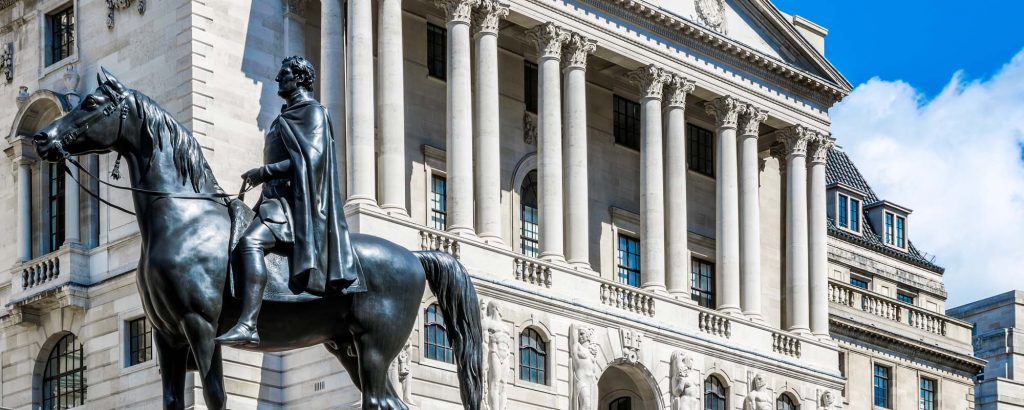The Bank of England (BoE) base rate has remained at 4% following the latest review by the Monetary Policy Committee (MPC). This decision was widely anticipated after the latest inflation rate figure of 3.8%, which remained unchanged from the previous month, was released by the Office for National Statistics (ONS).
Will interest rates fall any further this year?
The base rate was cut to 4% from 4.25% in August this year, which was the fifth cut since August 2024. This cut was only agreed after a previously unheard of second vote between the nine MPC members after the first vote was split 4-4-1.
One more rate cut before the end of the year had been predicted by economists. However, with inflation remaining sticky and almost double the BoE’s 2% target, a further cut this year is now not expected by economists. The BoE has also repeatedly stressed taking a gradual and careful approach to cutting rates so as to achieve the right balance between inflation and a healthy UK economy.
How does the base rate decision affect your mortgage?
According to the English Housing Survey, just under a third of households have a mortgage. Approximately 600,000 mortgage holders have tracker mortgages, which usually track the BoE base rate. As there has been no change in the rate, your monthly mortgage payments will stay the same if you have this type of mortgage.
The majority of borrowers, however, have fixed rate mortgages. This is when the interest rate is fixed until the end of the fixed deal period, regardless of what happens with rates in general. If you have a fixed-rate deal, therefore, you also won’t see any difference in your current mortgage payments. If your deal is due to end shortly, however, you may not benefit from the low new rate that you’ve been hoping for when you arrange a new deal. This is because rates are still higher than they have been for several years.
Will mortgage rates come down?
Lenders don’t just react to the base rate when pricing their mortgage products. They take swap rates into consideration when determining their mortgage interest rates. These swap rates have already priced in anticipated cuts. So, what does this mean for you when looking for a new mortgage or wanting to remortgage?
The signs are that the mortgage rate curve is at its lowest point, with a further big drop in prices being unlikely. With the uncertainty around inflation, especially with the upcoming Autumn Budget, it’s looking as though a cut to interest rates has been pushed back to 2026. On the flip side, lenders have increased mortgage affordability and borrowing potential for homeowners and investors alike by utilising reduced affordability stress tests.
So, whether you’re a homeowner or an investor, it’s now better to look at how your borrowing is structured rather than focusing on the base rate. Whilst interest rates aren’t likely to make a meaningful improvement in the near future, you can benefit from the eased stress tests as they stand. Therefore, the two key questions you should be considering are:
- Is it best to fix your rate for longer at the current low point?
- Is it best to stay flexible in case the situation changes in 2026?
Make the right decision with the help of a qualified expert
Our qualified mortgage brokers are here to help you make the right decision to fit your circumstances and mortgage needs. Whether you’re a first-time buyer, a home mover or an investor waiting to purchase your next buy-to-let property, our brokers can offer you expert, impartial advice. They can guide you on the best strategy to take depending on your financial situation and goals. Get in touch with us today on 01322 907 000 to discuss your plans and find the optimum mortgage solution.

